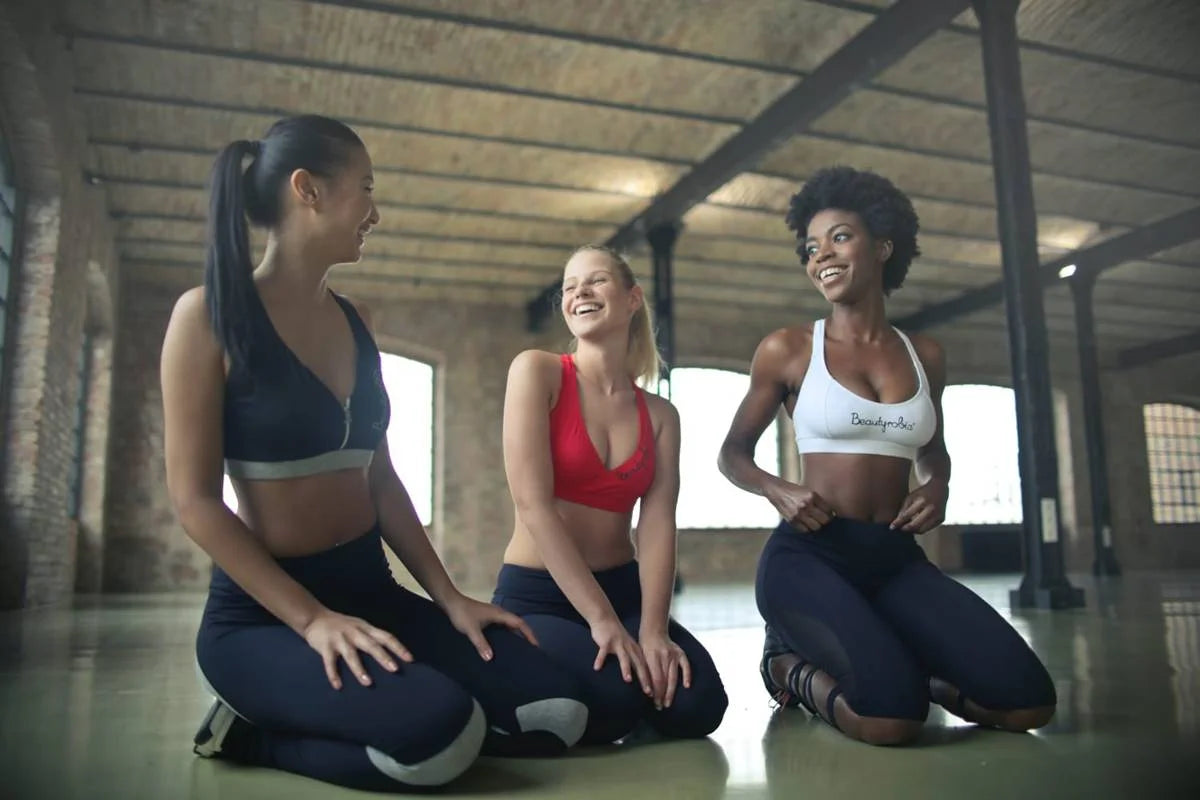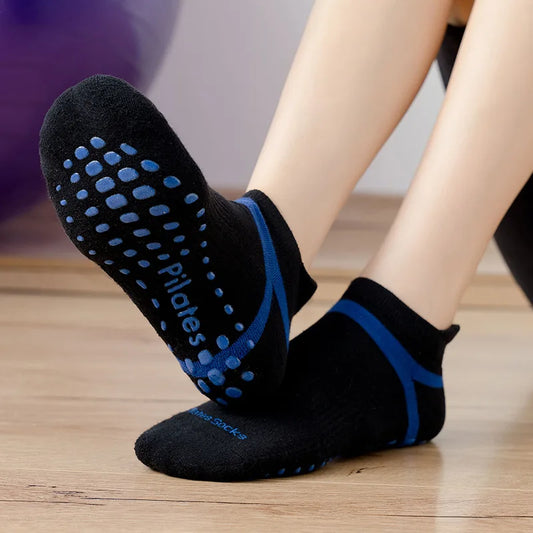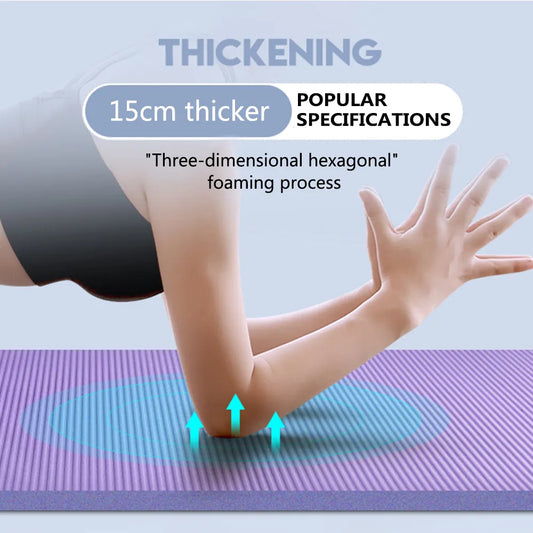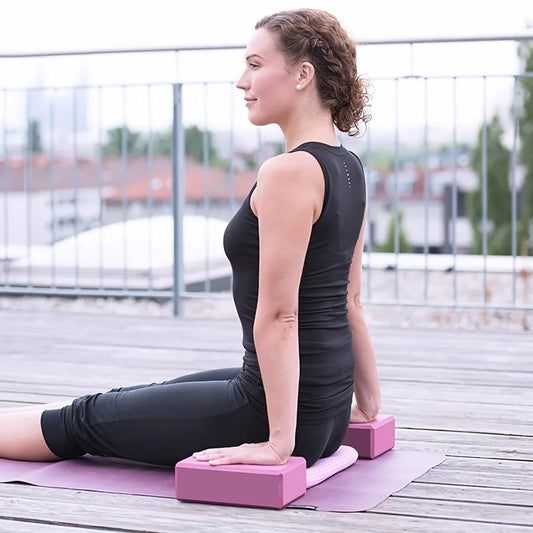Yoga for runners
Yoga can be highly beneficial for runners, offering a variety of physical and mental benefits that complement and enhance running performance. Here are some key reasons why runners can benefit from practicing yoga:
-
Improved Flexibility: Yoga helps improve overall flexibility, mobility, and range of motion in the muscles and joints. Increased flexibility can help prevent injuries, reduce muscle tension, and enhance running efficiency and stride length.
-
Enhanced Strength and Stability: Yoga poses, such as lunges, squats, and balances, help build strength, stability, and muscular endurance in the legs, core, and upper body. Strengthening these muscle groups can improve running form, posture, and power output.
-
Better Balance and Coordination: Yoga poses that focus on balance, proprioception, and spatial awareness help improve balance, coordination, and body control. Enhanced balance can help runners navigate uneven terrain, prevent falls, and maintain stability during dynamic movements.
-
Injury Prevention and Rehabilitation: Yoga helps correct muscular imbalances, address asymmetries, and prevent common running injuries such as IT band syndrome, shin splints, and plantar fasciitis. Yoga also supports injury rehabilitation by promoting recovery, flexibility, and tissue healing.
-
Mind-Body Connection: Yoga cultivates a strong mind-body connection, mindfulness, and mental focus, which are essential for long-distance running and endurance sports. Mindful breathing techniques in yoga help regulate breathing patterns, manage fatigue, and optimize oxygen intake during runs.
-
Stress Reduction and Relaxation: Yoga promotes relaxation, stress reduction, and mental clarity through mindfulness, deep breathing, and relaxation techniques. Reduced stress levels help runners recover more effectively, sleep better, and maintain overall well-being during intense training cycles.
-
Improved Breathing Efficiency: Pranayama (breath control) techniques in yoga help improve respiratory function, lung capacity, and breathing efficiency. Learning to control the breath can help runners maintain steady breathing patterns, manage exertion levels, and reduce the risk of side stitches and cramping.
-
Recovery and Restoration: Yoga offers a gentle, low-impact form of exercise that supports active recovery and restoration after long runs or intense workouts. Restorative yoga poses, gentle stretches, and relaxation practices help reduce muscle soreness, promote circulation, and facilitate recovery.
-
Increased Body Awareness: Yoga promotes body awareness, proprioception, and self-awareness, allowing runners to tune into their bodies, listen to physical cues, and respond to signs of fatigue, discomfort, or injury. Increased body awareness helps runners make informed decisions about pacing, form, and training intensity.
-
Holistic Well-Being: Yoga fosters a holistic approach to health and well-being by addressing the physical, mental, emotional, and spiritual aspects of the individual. Incorporating yoga into a runner's training regimen can help promote balance, resilience, and longevity in their athletic pursuits.
Incorporating yoga into your training routine as a runner can help enhance performance, prevent injuries, and promote overall well-being, both on and off the road. Whether you're a beginner or experienced practitioner, exploring yoga as a complement to running can offer valuable insights, benefits, and experiences that support your journey as a runner.




















